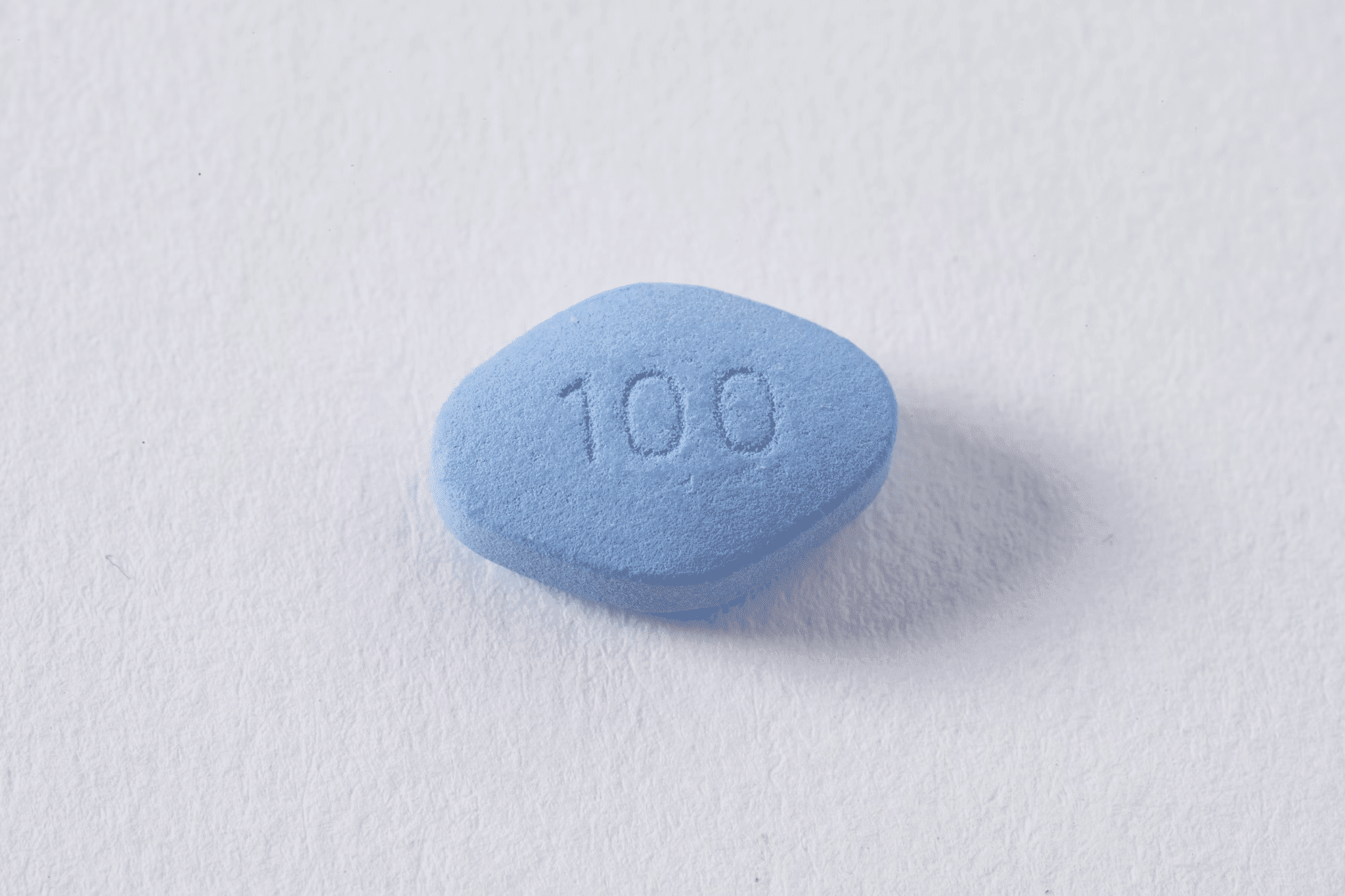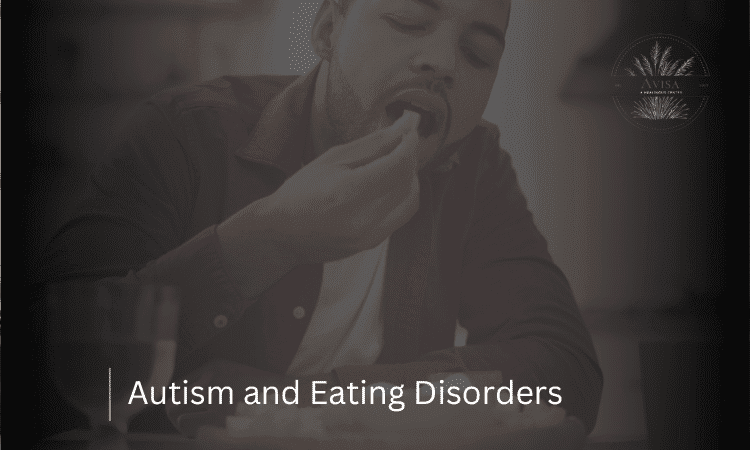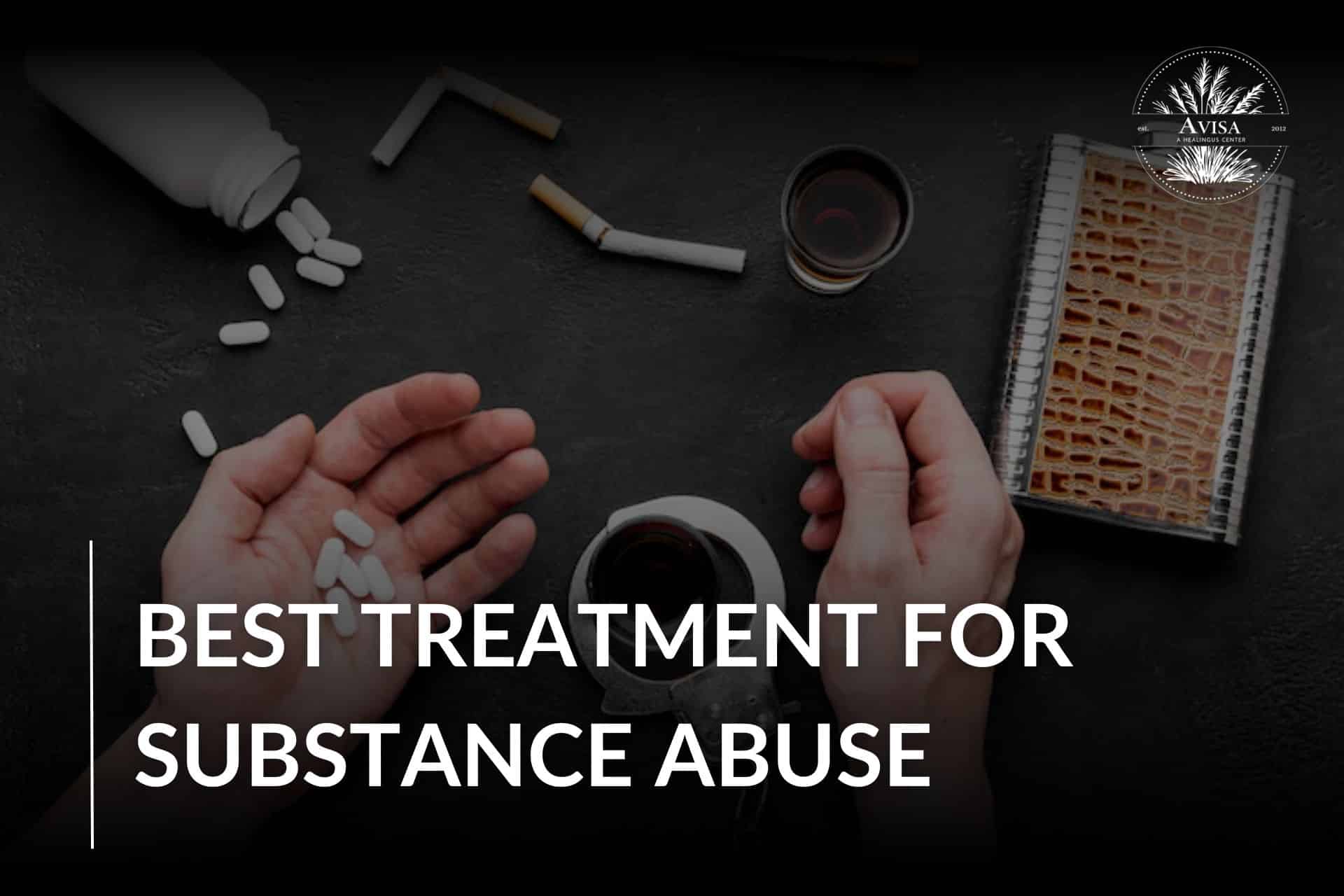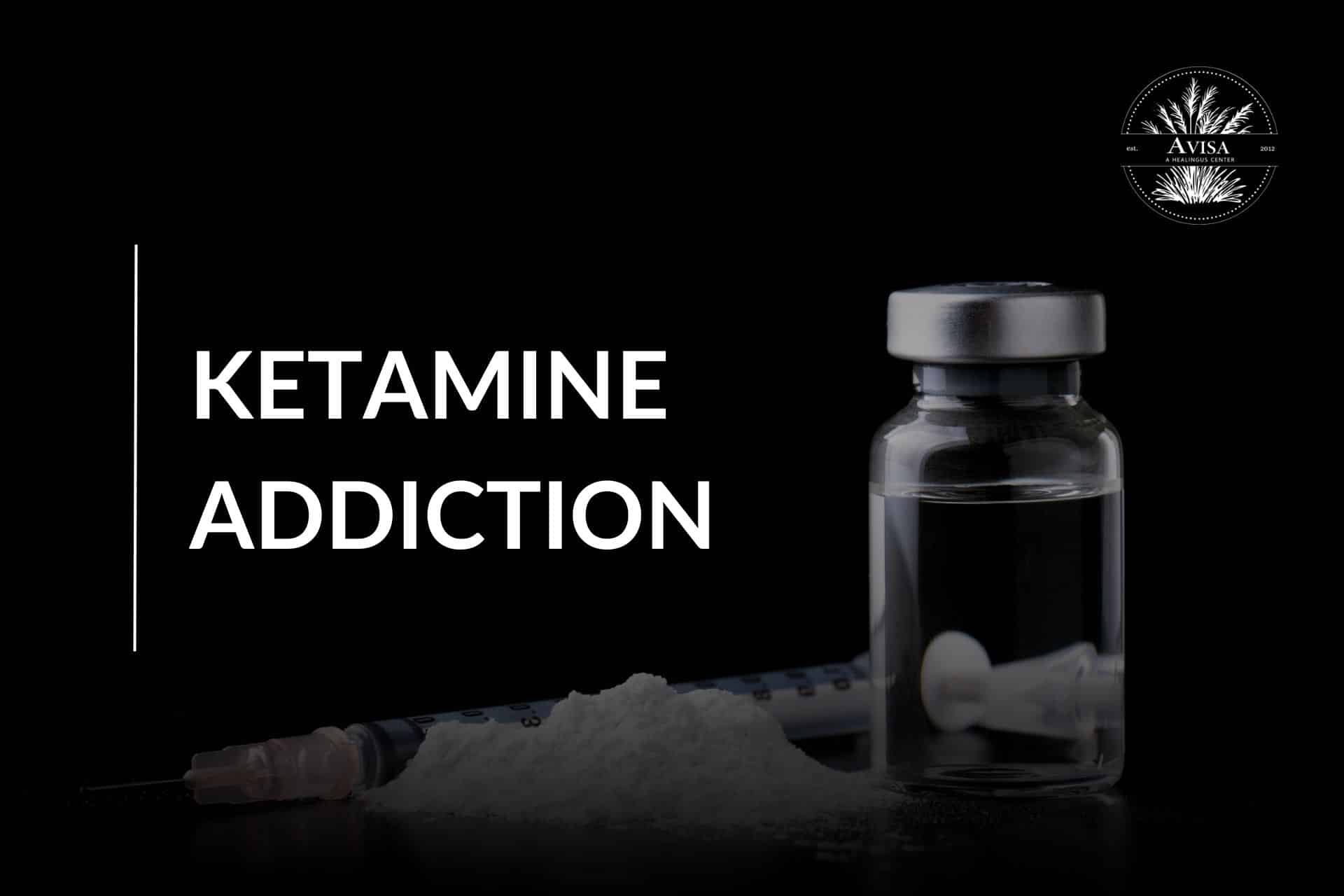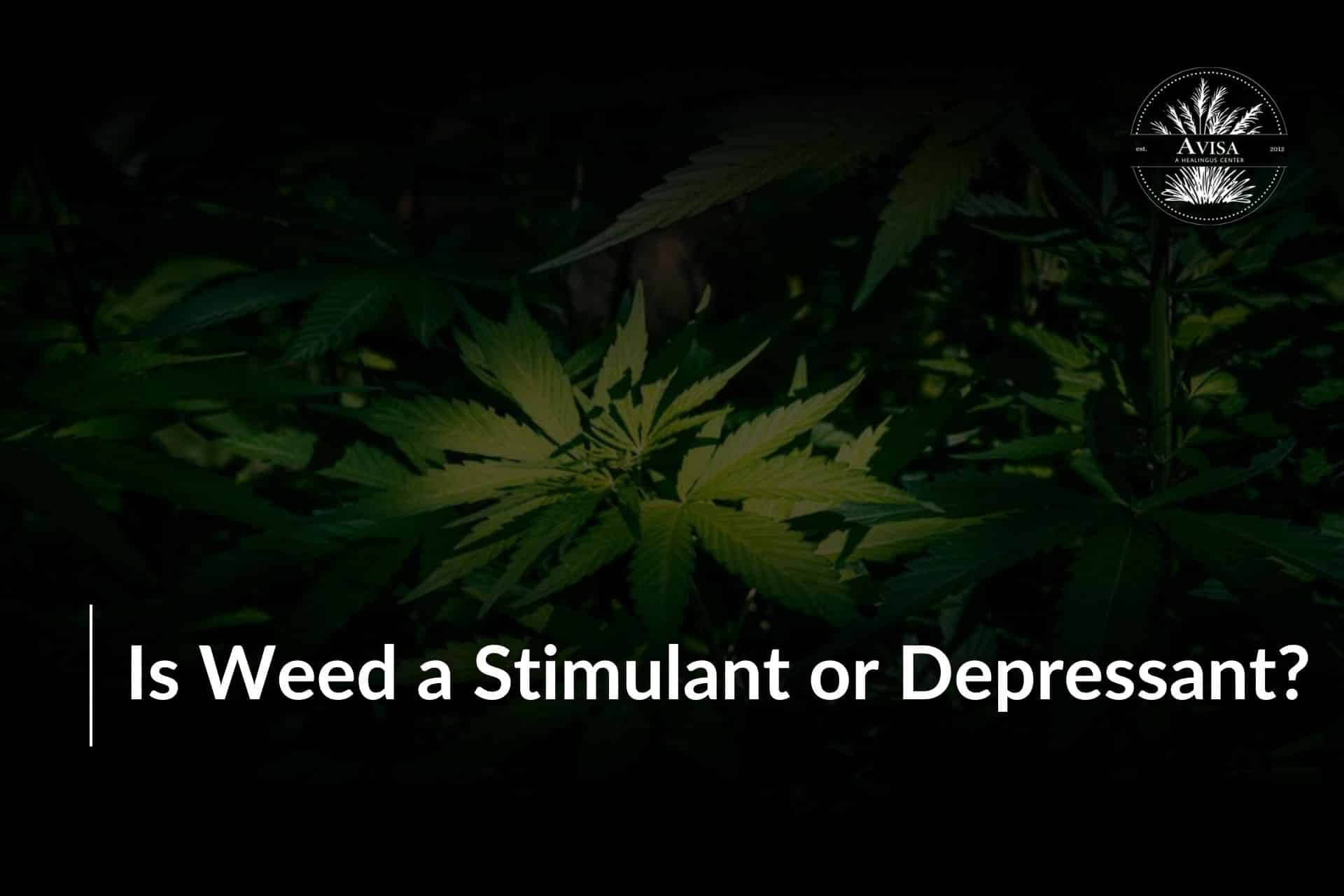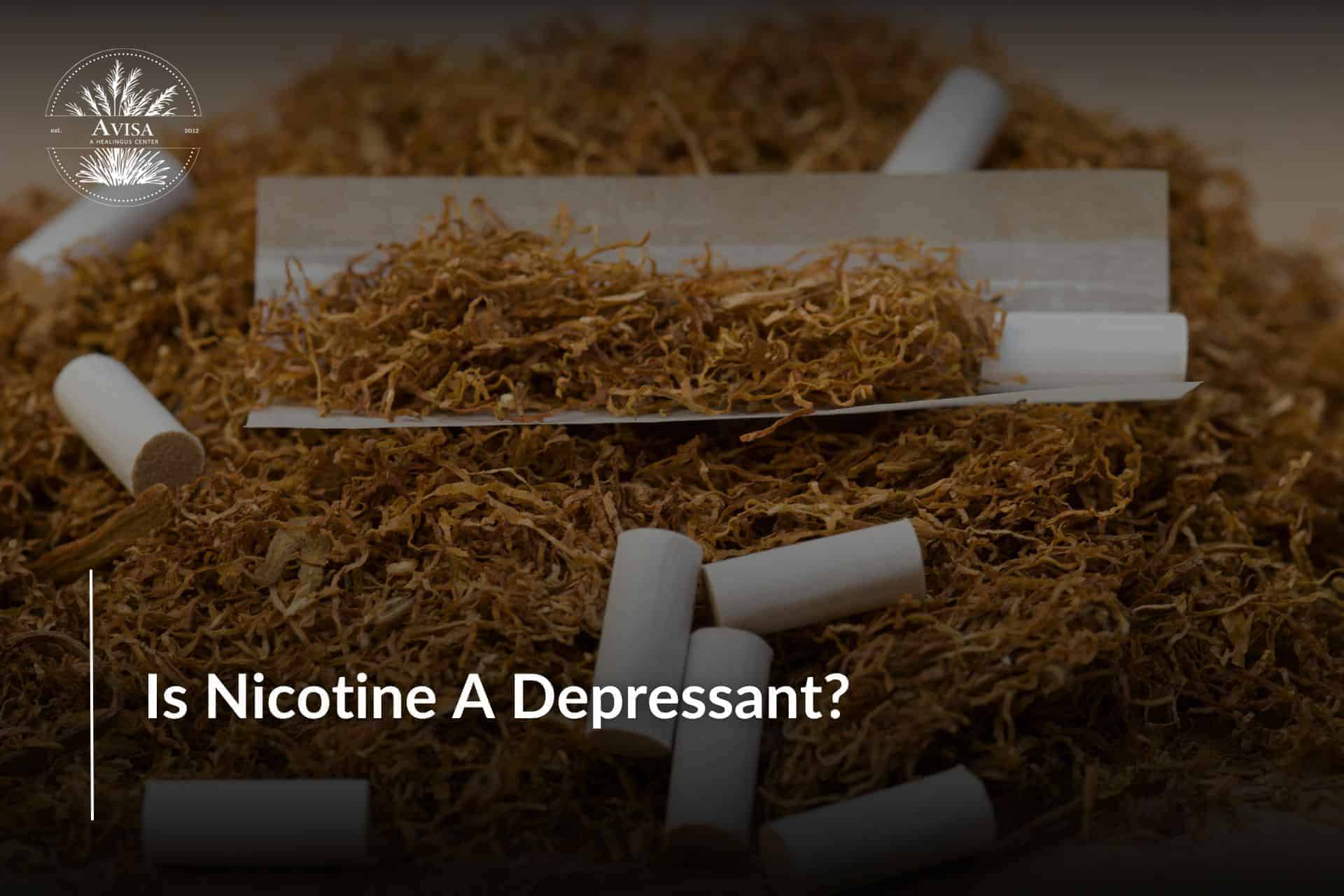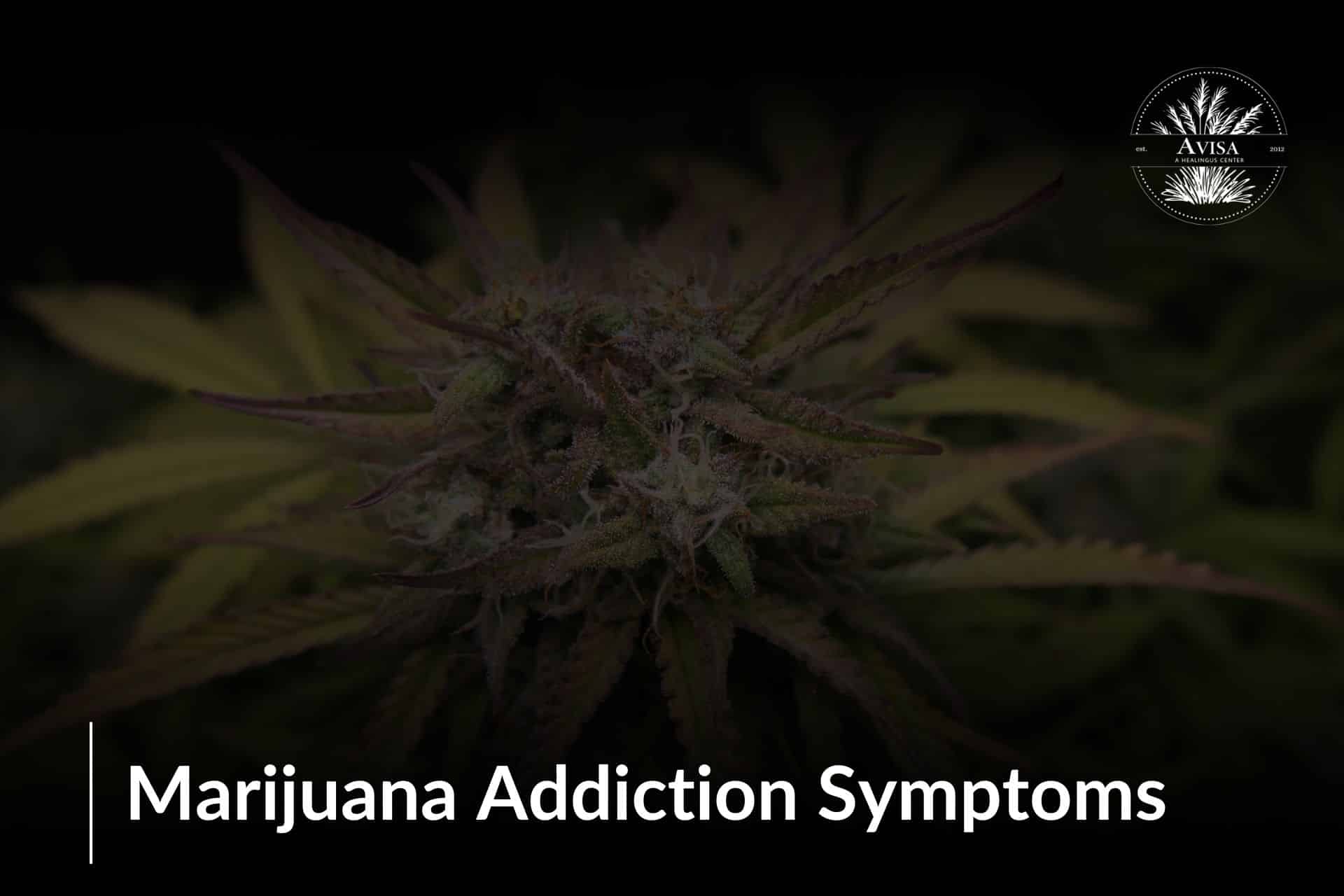Ambien addiction treatment is rapidly gaining popularity as many adults suffering from insomnia are facing addiction issues after taking Ambien. The adult population today is struggling with lifestyle disorders that affect their sleep. As per research, 15% of the adult population of the United States is suffering from chronic insomnia. Moreover, it is a proven fact that women are 40% more likely to develop insomnia compared to men.
In such cases, Ambien is prescribed to adults who are suffering from insomnia. Being a sedative and a hypnotic drug, it is a medication chosen for treating insomnia by many certified medical professionals. Having said that, there are two sides to every coin. Ambien is also a dangerous drug that can cause dependency or become a potential addiction.
Long-term users of Ambien might find it impossible to sleep without the intake of this drug. To regain control over their sleep, patients who are dependent or addicted seek help through Ambien addiction treatment. In this blog, we will discuss more about Ambien addiction treatment, symptoms of Ambien addiction, and factors that can affect the treatment of this addiction. Read on to find out more.
What is Zolpidem or Ambien?
Ambien is a trade name for Zolpidem. This drug is classified under the category of z-drugs. This means that Ambien is a nonbenzodiazepine.
Ambien is a sedative and a hypnotic drug which means that it acts as a depressant for the central nervous system. This enables individuals who are suffering from insomnia to relax properly. It is especially helpful for insomniacs as it helps the body to relax.
Ambien also comes in the expanded form of an extended-release tablet. This means that zolpidem starts impacting the central nervous system slowly. This is helpful for people who find it difficult to fall asleep or stay asleep at night.
However, one must be extremely cautious while taking Ambien. Too much of this drug can cause dependency or addiction. Once addicted, it is very difficult to lead a sober life. An individual will have to undergo Ambien addiction treatment to manage their addiction. Moreover, even during treatment, one might face nasty and unpleasant withdrawal symptoms that we will discuss later in the blog.
What are the symptoms for which Ambien addiction treatment is used?

Doctors understand the dangers associated with Ambien. Therefore, they prescribe Ambien in small doses for not more than 6 weeks. Since Ambien helps insomniacs sleep better, they sometimes feel the urge to exceed the recommended dosage.
It does not matter whether Ambien is taken on the prescription or not. The slightest abuse of Ambien can lead to severe addiction. There are several symptoms and strange and problematic behaviors associated with Ambien addiction that require Ambien addiction treatment:
- People who are addicted to Ambien might start feeling that it is impossible to sleep without taking this drug.
- Ambien addicts may feel irritated and aggressive between two doses. This is usually during the onset of the addiction.
- People who are addicted to Ambien may start indulging in strange behaviors like visiting many doctors to obtain prescriptions for Ambien
- Steal Ambien from the prescriptions of other patients
- Take Ambien with other intoxicants like alcohol and cannabis
These are some of the severe symptoms that point towards Ambien addiction in individuals. People who are addicted to Ambien convince themselves that they will not be able to sleep without taking this drug. They justify their use and abuse of Ambien.
Moreso, people who are addicted to Ambien may go to great lengths and levels of inconvenience to obtain this drug. This is especially prevalent in cases where people misuse Ambien for its euphoric and hallucinatory effects.
What are the Ambien withdrawal symptoms during Ambien addiction treatment?
Once an individual starts developing a dependence on or an addiction to Ambien, they might experience the following unpleasant withdrawal symptoms during Ambien addiction treatment:
- Rebound insomnia
- Fatigue
- Muscle cramps
- Nausea
- Vomiting
- Hallucinations
- Excessive perspiration and flushing
- Uncontrolled crying
- Anxiety
- Panic attacks
- A feeling of lightheadedness or drowsiness
- Nightmares and disturbed sleep
However, it is pertinent to note that the withdrawal symptoms of every individual are different. This is so because everyone’s body reacts differently to this drug, and some may experience even more severe withdrawal symptoms like suicidal tendencies.
What is Zolpidem or Ambien addiction treatment?

On the bright side, there is Ambien addiction treatment available. Despite there being a lack of specific medication for Ambien addiction, Ambien addiction treatment includes therapies for those who want to tackle their Ambien dependence or addiction.
Rehabilitation programs for Ambien addictions begin with detoxing the body. This means that the last traces of Ambien should be flushed out of the body before they start any rehabilitation program. To facilitate this, a detox is done on the system. This is the hardest part of rehabilitation programs, as the individual might face nasty withdrawal symptoms.
To get rid of addictions, rehabilitation centers are highly recommended, as they carry out detoxes that are supervised by certified healthcare professionals. During such detoxes, professionals keep a check on the vitals of the patient. If needed, the medical professionals also prescribe medications to the patients to ease their withdrawal symptoms.
Additionally, many certified healthcare professionals recommend therapies such as cognitive behavioral therapy (CBT), dialectical behavioral therapy (DBT), mindfulness meditation, and interpersonal therapy (IPT) to manage addictions and substance abuse disorders. These therapies aim to help individuals tackle the negative thoughts that lead them into a downward spiral of addictions and substance abuse.
What are the factors that can help during Ambien addiction treatment?
It is a known fact that if any potent medication is abruptly stopped, it will have side effects and unpleasant withdrawal symptoms. Therefore, doctors prefer to gradually wean the patients off Ambien. They start by decreasing the strength and frequency of the dosage. This is a common practice where an individual has become dependent or addicted to Ambien.
An individual must be willing to live a sober life if they decide to quit an addiction. To facilitate the same, they must manage their insomnia so that they do not need to depend on external factors like pills or melatonin supplements to aid their sleep.
During the withdrawal timeline of Ambien addiction treatment programs, an individual might face many unpleasant and nasty withdrawal symptoms. In such a scenario, an individual must remember that these symptoms are only temporary. Additionally, the following factors might help an individual during an Ambien addiction treatment program:
- Avoiding the intake of caffeine as it messes with the sleep schedule.
- Avoiding electronics before bedtime as the blue light emitted from electronics suppresses the production of melatonin in the brain. Melatonin is a hormone that helps an individual fall asleep.
- Creating a nighttime routing and fixing a sleep schedule.
- Controlling the levels of your room temperature as it is easier to sleep in a cool environment.
- Practicing meditation techniques along with mindfulness.
- Taking professional help from therapists.
FAQs
1. Is Ambien a dangerous drug?
Yes, Ambien is a dangerous drug, as it is potentially habit-forming that may lead to addictions. Ambien works by slowing the neurotransmitters of the brain. This helps patients who are suffering from insomnia, as it helps them fall asleep. Using Ambien for the long term or misusing it by exceeding the recommended dosage is dangerous. Once an individual is dependent on or addicted to Ambien, they might have to undergo Ambien addiction treatment to conquer their cravings for Ambien.
2. Can Ambien stop working?
When a patient takes Ambien for the long term or in high doses, they might develop a tolerance to this drug. This means that the patient will now need to take higher doses for this drug to be effective. In such cases, it can be said that Ambien has stopped working.
3. Is Ambien bad for the brain?
Ambien alters the dopamine levels of the brain. This is the reason why certified medical professionals do not exceed prescribing Ambien for longer than 6 weeks. This is the reason why doctors gradually wean off the patients from this drug during Ambien addiction treatment programs.
4. Does Ambien erase memory?
Ambien, which is a trade name for a drug called zolpidem, can cause serious side effects that are related to your memory. Long-term users of Ambien may experience amnesia, impairment of their memory, or even difficulty remembering anything that occurred in their lives when they were using Ambien.
5. Who should avoid Ambien?
People who are suffering from illnesses affecting the lungs, breathing-related illnesses, or sleep apnea should avoid taking Ambien, as this drug can potentially affect your rate of breathing, which can be fatal for such people. However, it is crucial to disclose all pre-existing medical conditions to your doctor before taking any medication.
Conclusion
By now, we are confident that you have understood the nuances of Ambien addiction treatment. There is no doubt that Ambien helps treat insomnia and helps patients get some much-needed rest. But it is said that too much of a good thing can also cause harm. Hence, Ambien is strictly considered a short-term treatment for insomnia.
Certified medical professionals realize this. Therefore, they only prescribe Ambien in small quantities for not more than 6 weeks. Once the doctor feels that it is time to wean the patient off this drug, they gradually reduce the quantity of Ambien. This is because abruptly stopping Ambien can cause unpleasant and nasty withdrawal symptoms.
Withdrawal symptoms of Ambien may cause rebound insomnia, fatigue, cramps, nausea, vomiting, hallucinations, excessive sweating, mood swings that lead to uncontrolled crying, and anxiety and panic attacks. It is pertinent to mention that every individual may feel the withdrawal symptoms differently.
To combat the same, the doctors may encourage the patient to undergo therapies like cognitive behavioral therapy (CBT), dialectical behavioral therapy (DBT), and interpersonal therapy (IPT).
Along with Ambien, our experts at Avisa Recovery treat mental health and drug use disorders with the utmost care and efficacy, taking into account their delicate and complex nature. Our goal is to support people in achieving long-term recovery and a better quality of life. Our program is an evolving, linked community of clinical and medical experts incorporating the most recent findings and evidence-based practices. Participants in our program are given individualized treatment plans that incorporate various therapeutic modalities. Our comprehensive treatment approach takes into account the emotional, mental, physical, and spiritual needs of the patient to heal them as a whole.


